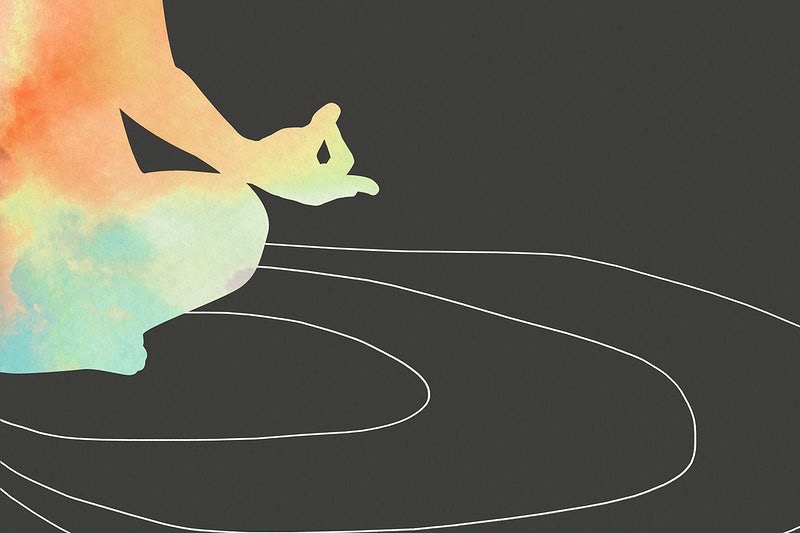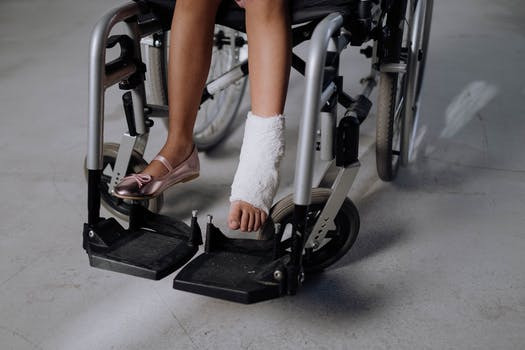Posts Tagged ‘addiction’
The History of Substance Use in California
The Lakehouse Recovery Center has spoken on the prevalence of substance use in California, offering resources to those in need, and informing on how we can help individuals on their path to recovery. Regarding substance use disorder (SUD), approximately 2 million people in the state of California are suffering from SUD. Many of these individuals…
Read MoreOvercoming California’s Overdose Rates
Many continue to struggle with substance use disorders (SUDs) throughout the state of California, with the rate of overdoses skyrocketing. Although this is a growing problem throughout the country, when this is happening in many individuals’ backyards, emotions begin hitting a little closer to home. Many may have personal experiences surrounding SUD and overdose, whether…
Read MoreHow to Break the Familial Addiction Cycle
Despite the years of research that have gone into better understanding addiction, scientists still do not understand why some people suffer from addiction and others do not. Addiction is a biological disorder, meaning the chances of suffering increase if it runs in the family. Research indicates that there are genes linked to forms of addiction.…
Read MoreStimulants and Substance Use in California
Stimulants are highly addictive, commonly used substances. Stimulants are also, however, widely used to treat different medical conditions. Unfortunately, prescription use can, in some cases, lead to dependency. It is possible to use these substances without realizing it. A stimulant is a substance that excites the body by stimulating the central nervous system. They often…
Read MoreThe Importance of Making Amends
The concept of making amends is commonly associated with the 12-Steps to recovery. The Eighth and Ninth Steps of the program focus on creating a list of individuals someone has harmed and making amends when appropriate. We at the Lakehouse Recovery Center do not solely endorse the 12-Step approach. The Lakehouse believes that treatment should…
Read MoreAddiction Transference and False Recovery
In some cases, it is possible to think you have dealt with your addiction. In reality, however, you may have just transferred your emotional baggage to a new negative coping mechanism. While it is not the only cause of addiction or substance use disorder (SUD), the inability to cope with pressures, stress, or trauma in…
Read MoreAddiction, Mental Illness, and Work Burnout
The inability to healthily cope with pressure and stress can often lead to addiction or substance use disorder (SUD). This inability can be due to stressors in one’s personal life or professional life. High-pressure careers that are demanding and stress-inducing can lead individuals to use alcohol excessively and potentially use dangerous drugs. For example, high-ranking…
Read MoreExplaining Your Addiction to Your Children
When you struggle with addiction, substance use disorder (SUD), or even other co-occurring mental illnesses, your family members may suffer too. In some cases, your loved ones suffer from seeing you struggle with unintentional consequences of your life decisions revolving around your addiction. In many cases, your loved ones suffer from choices you have made…
Read MoreWhat Is Pranic Healing?
At the Lakehouse Recovery Center, we offer many traditional methods of treatment, like cognitive behavioral therapy, psychiatric modalities, and medication management treatment if needed. However, we also offer several methods of treatment that may seem a little more unorthodox, like yoga and meditation. One of these lesser-known treatment offerings at the Lakehouse is pranic healing.…
Read MoreRelationships Between Sport-Related Injuries and Addiction
Research often focuses on the causations of addiction regarding our genetics, environmental influences, and general upbringing. We focus on the prevalence of suffering from addiction, based on how common it is within our family, peer pressure, or a number of other factors. One thing that we almost always fail to consider is if it is…
Read More









